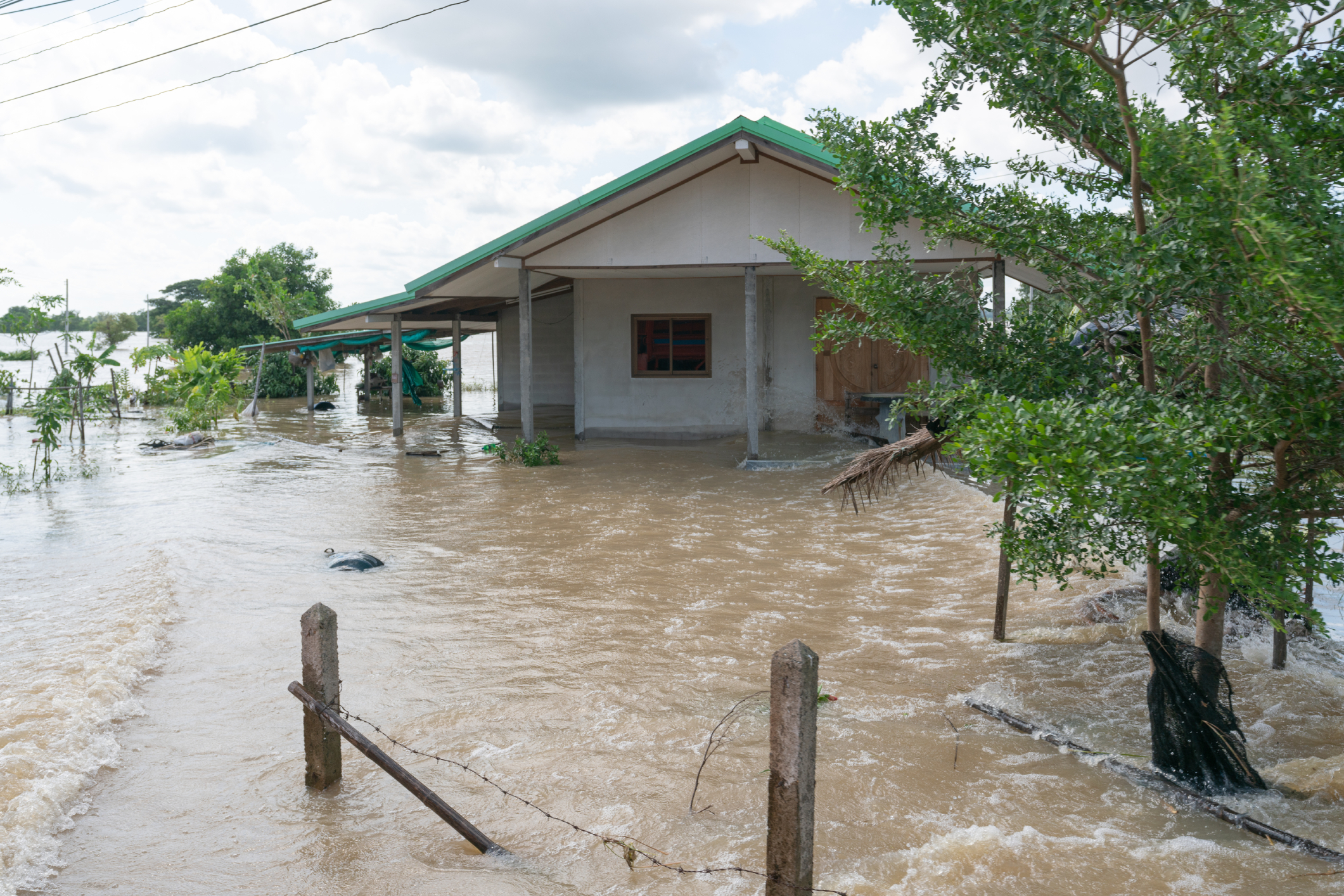by Kathyrn Balitsos and Garin Bulger
As sea levels and flood waters rise, the necessity of a managed retreat in an increasing number of areas becomes ever more evident. Managed retreat is the process of deliberately moving away from places that are no longer safe to remain due to various environmental factors, most often flooding. Voluntary buyouts of at-risk properties allow property owners to receive market rates for the property, allowing them to move and for the remaining property to be demolished, with the land restricted as open space in perpetuity. Buyouts are an essential tool in flood management as removing flood-prone properties offers an opportunity to restore the floodplain, providing greater flood protection for the surrounding areas.
The resiliency that comes through managed retreat makes it a vital tool in mitigating some of the harms increasingly stronger and wetter storms bring. The open space from acquired properties does not allow for any permanent structures, which, depending on whether/how it is restored, allows for the areas to either absorb the additional waters or contain them, so they do not inundate surrounding homes and businesses. When open space is restored to wetlands or other natural habitats, the open spaces can better handle and be more prepared for storms and adverse weather.
New Jersey has been at the forefront of managed retreat through its Blue Acres program, which first began purchasing homes in the late 1990s and has purchased more than 1,000 properties. The state faces several issues that present challenges to managed retreat, such as the density of the state, high property values, and strong home rule. New Jersey can remain a leading example by utilizing best practices in other states, counties, and cities throughout the United States and customizing them to serve the state’s unique circumstances. As part of an effort supported by the State Policy Lab, the New Jersey Climate Change Resource Center is evaluating innovative buyout programs operated by various levels of government in other states. Considering and assessing what other places are doing allows for a greater understanding of why certain practices have successful results and how practitioners may replicate them elsewhere. Finding what works in other places also provides the benefit of learning from their challenges and mistakes.
Managed retreat is a growing area of research. We hope this research will help improve New Jersey’s Blue Acres program and provide a resource for other states, counties, and cities in creating or enhancing their managed retreat programs. Climate change is affecting every part of the United States, and various tools, including buyouts, are needed to adapt to the impacts facing our communities. Our work will serve as another resource that can assist communities facing these hardships and highlight that there are ways to survive and thrive.
Kathyrn Balitsos is a graduate student pursuing a Master of City and Regional Planning degree at Rutgers University, and Garin Bulger is a co-adjutant with the Environmental Analysis and Communications Group at the Bloustein School of Planning and Public Policy.

